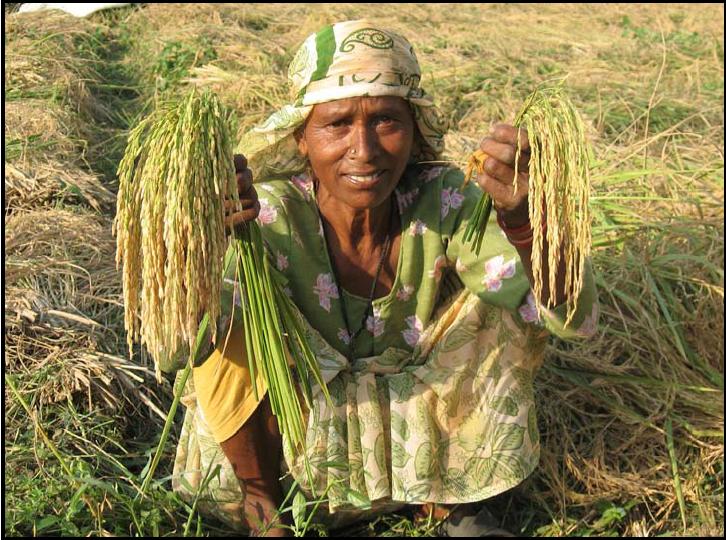/topics/governance
Governance
Guidelines on various components of National Project on Organic Farming: Department of Agriculture & Cooperation
Posted on 02 Sep, 2009 11:22 AMExperience sharing workshops on System of Rice Intensification (SRI) - A report
Posted on 29 Aug, 2009 02:55 PM This report available on the Watershed Support Services And Activities Network (WASSAN) site provides the details of three workshops organised by People's Science Institute (PSI) in October 2006 in the states of Uttarakhand and Himachal Pradesh as a first step towards sharing the experiences of System of Rice Intensification (SRI) method with the stakeholders group as well as assist the voluntary organisations in Uttarakhand and Himachal Pradesh to develop professional capabilities in the field of SRI method of paddy cultivation.
This report available on the Watershed Support Services And Activities Network (WASSAN) site provides the details of three workshops organised by People's Science Institute (PSI) in October 2006 in the states of Uttarakhand and Himachal Pradesh as a first step towards sharing the experiences of System of Rice Intensification (SRI) method with the stakeholders group as well as assist the voluntary organisations in Uttarakhand and Himachal Pradesh to develop professional capabilities in the field of SRI method of paddy cultivation.
India's experience with drought management: Changed perspectives and challenges
Posted on 29 Aug, 2009 02:43 PMThis document describes the drought situation in India over the years, the earlier perspective at drought management and the gradual change in perspective at managing droughts that evolved over the years.
The how, what, when of climate change: Background and basics
Posted on 29 Aug, 2009 02:09 PMClimate Change is a significant change in temperature, wind patterns and precipitation that occurs over a long period of time. Some of these changes occur in cycles over decades, hundreds, thousands and millions of years; some could be random occurrences.
NREGA is making a difference to the lives of the rural poor: An article from Frontline magazine
Posted on 29 Aug, 2009 12:33 PMRead the main article: " Battle for work" by Jean Dreze and Reetika Khera.
Compilation: Resources on NREGA from the Right to Food Coalition
Posted on 29 Aug, 2009 12:15 PMThe Right To Food Coalition website has many resources on NREGA and includes:
Government of India's national action plan on climate change (NAPCC)
Posted on 29 Aug, 2009 12:08 PMThis would lead to a drastic increase in GHG emissions. There is the need to make a choice for a low-carbon path, even if there is no mandated reduction in GHG emissions.
Resource on the National Rural Employment Guarantee Act (NREGA)
Posted on 29 Aug, 2009 12:06 PMThis includes articles, background papers, photo slideshows and Down To Earth magazine coverage of issues realting to the NREGA.
Remediation of arsenic for agriculture sustainability, food security and health in Bangladesh
Posted on 29 Aug, 2009 11:44 AMArsenic (As) in groundwater is a major health concern in Asia and the risks from using shallow tube wells (STWs) for drinking-water are well- known. At present, twelve countries in the Asian region have reported high As levels in part of their groundwater resources.
Pani panchayat in Orissa: The practice of participatory water management
Posted on 29 Aug, 2009 11:32 AMThis paper, published in the journal Development argues that new policy interventions such as Pani Panchayat in Orissa, India ignore the local socioeconomic contexts and fail to ensure co





